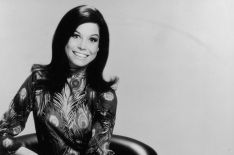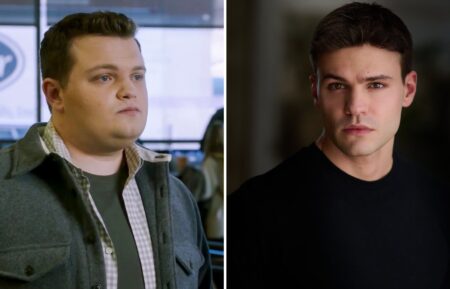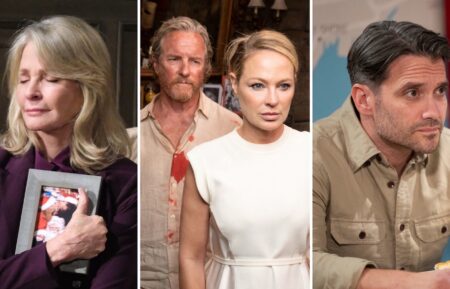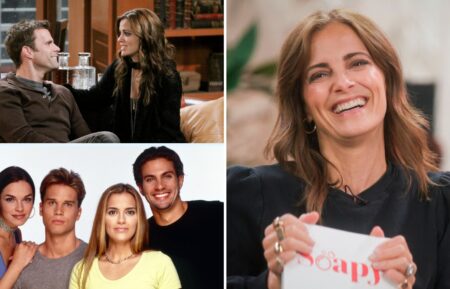In Memoriam: Ed Asner Reflects on His Friendship With Mary Tyler Moore
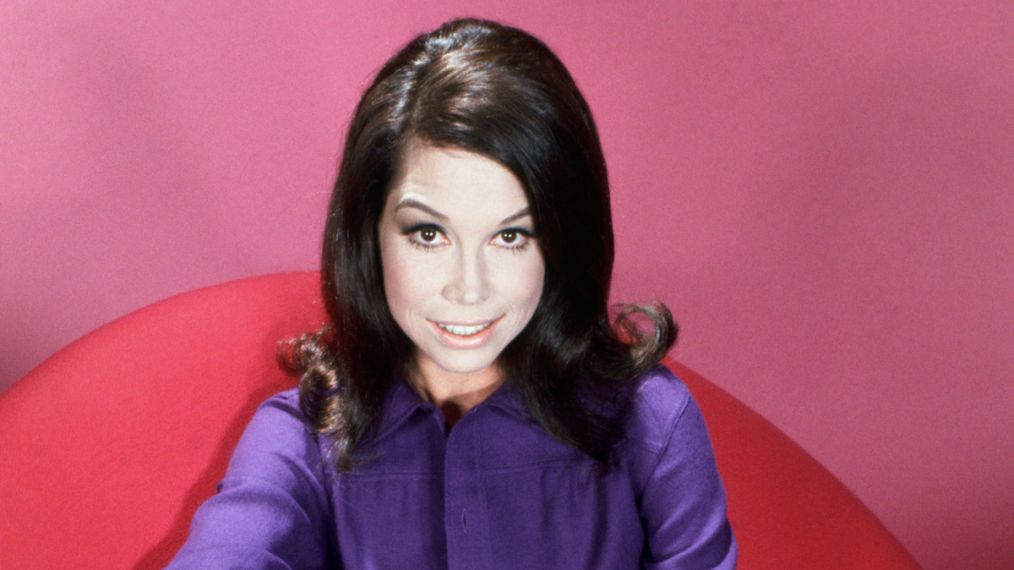
When Mary Tyler Moore passed away at the age of 80—due to cardiac arrest and pneumonia following a nearly 50-year battle with type 1 diabetes—millions of fans mourned. But for Ed Asner, her costar on the Emmy-winning The Mary Tyler Moore Show, the loss was personal. From 1970 to 1977, they were sparring partners: He played Lou Grant, gruff news director of Minneapolis station WJM, and she was Mary Richards, a smart, independent and (gasp!) single associate producer determined to “make it after all.” In real life, Asner was a seasoned industry vet, while Moore had already earned a spot in America’s heart as a capri-wearing housewife on The Dick Van Dyke Show. Together, the crackling duo went on to make history. The series, produced by Moore and her then-husband Grant Tinker’s company, would permanently move the pop culture needle, establishing a revolutionary new paradigm for the working woman. Here, the 88-year-old Asner, who continutes to tour in his one-man show, opens up about his unforgettable colleague.
I first met Mary when I came in to read for the pilot—there was that line, “You’ve got spunk.… I hate spunk”—and I felt that I had to show them how far I could go with Lou. So I was acting like a lunatic, just damn crazy. I found out later that after I left the room, Mary turned to the producers and said, “Are you sure?”
I knew from the start that Mary was tip-top—something special, as an actor and a boss. While she was working 10 to 12 hours a day, the rest of us were working eight at best. Mary did whatever was necessary to get the scene accomplished. Most people have to shout to be heard, but with Mary, she would just say, “I don’t like the way that looks,” and somebody quickly changed it. Orders were spoken, never shouted. She was the queen, which is how Ted Knight [aka dim anchorman Ted Baxter] always referred to her.
Lou Grant was my best role ever, and she brought it out of me. [Asner won five Emmys total for the series and its spinoff, Lou Grant.] Mary was unstintingly generous—and a good friend. For my first Johnny Carson appearance, I was supposed to go on and take Johnny and Ed McMahon through dance exercises. I needed a teacher—quickly—to remind me what the hell I’d studied before, so Mary kindly got her own teacher to come in on a Saturday and refresh me.
Mary and I were surrounded by funny people, but she and I were both serious. We shared that. I always felt that she could be cryptic. There was a secrecy, and darkness, to her. I’m not sure why, but it’s like she wasn’t destined for happiness. And she deserved it more than anybody. She was like the woman she played on our show, as well as the more serious characters she played later [in dramas like Ordinary People]. That was a big part of the fascination with her: Here’s this Miss America type, and yet she’s a complex human being, who I will confess to still not having understood.
Invariably, she was nice. I think that added to her success on- and offscreen. It scored her some goodwill every time she moved the needle on a social issue too—she often got to be the first. For instance, in Season 3, Mary Richards stayed out all night with a man. That was such a big deal that there was a reference to it later on Maude. Bea Arthur said, “All night? Our little Mary?”
Did I realize that she was becoming a feminist icon? At the time, I thought we were just doing a cute little show. I didn’t think about it in terms of progressivism. But when the accolades started coming in for her being a leader, Mary was happy to accept them.
After the series ended, we’d mainly catch up at various reunions. I never missed one. The last time I saw Mary, she seemed fine. As we were leaving, I said—as I always did—“See you at the next reunion.” When I found out that she had died, I kept waiting to hear what would happen next. Finally, we were notified that there would be a memorial service, and I was glad to honor the queen. But it didn’t end up giving me closure. We spent seven years together…and then to have it all dissolve down into one ceremony? It wasn’t enough. —As told to Ileane Rudolph
On Monday, December 18, tune in to The Year in Memoriam 2017 (ABC, 10/9c) to see entertainers—including Asner—pay tribute to Moore and others

